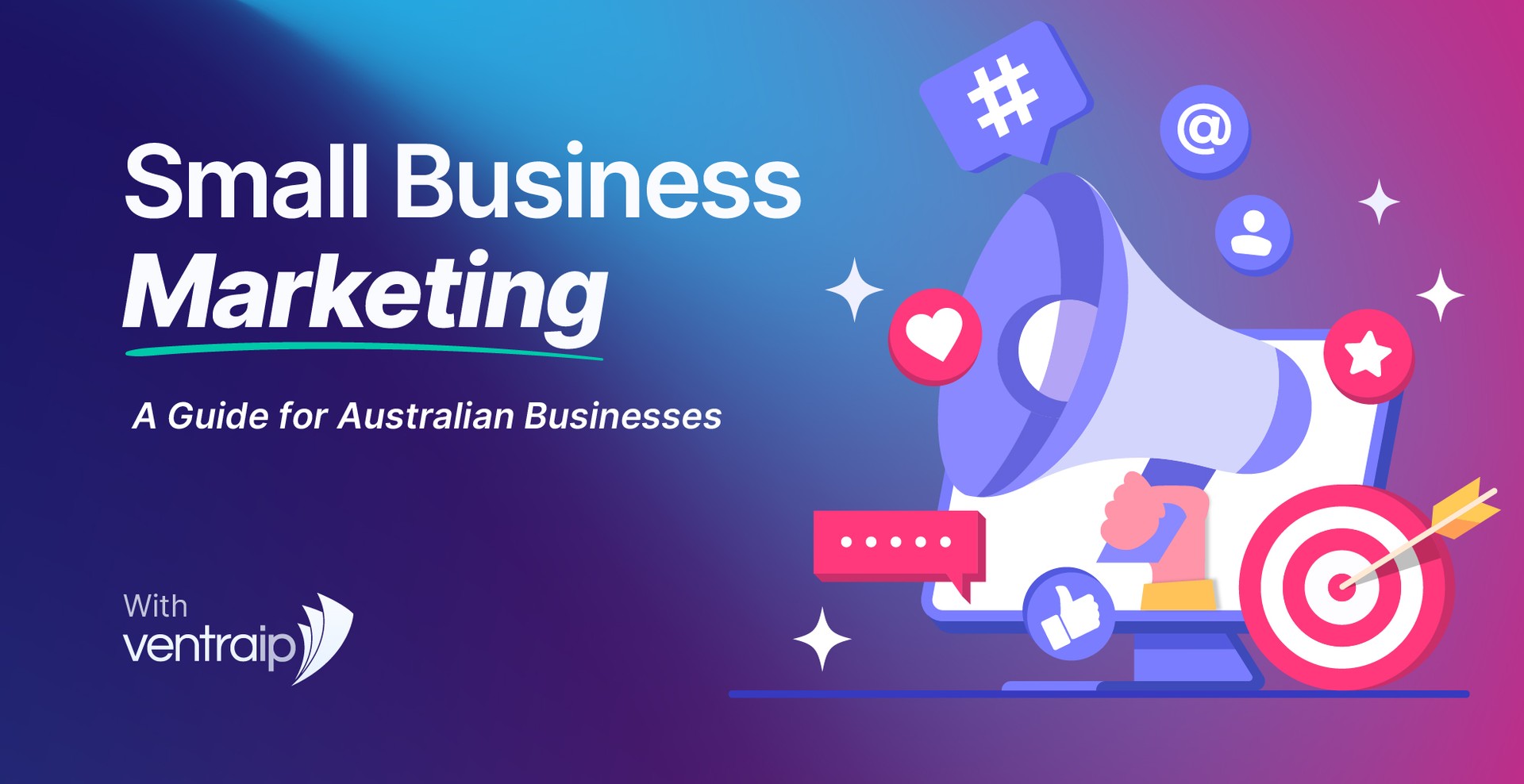
If you’re running a small business in Australia, you’ll know that attracting new customers and keeping existing ones engaged can be a challenge. Small business marketing is about finding the right mix of activities that make sense for your goals, budget, and audience.
In this guide, we’ll cover both traditional and digital marketing ideas. So, whether you’re opening a café in Brisbane, a plumbing service in Perth, or a boutique in Melbourne, you’ll have practical, actionable strategies to help your business grow.
Why Marketing Matters for Small Businesses
For many small businesses, marketing is often squeezed into the leftover time after running day-to-day operations. But without a clear marketing strategy, you risk blending into the background while competitors get noticed.
The right marketing plan can help you:
- Build brand awareness in your community and online.
- Attract more leads and convert them into paying customers.
- Strengthen relationships with your audience, increasing repeat sales.
Step 1: Conduct Market Research Before You Spend a Cent
Before you invest in advertising or launch a campaign, conduct market research to understand who your customers are, what they need, and how they make buying decisions.
Ask yourself:
- Who is my ideal customer?
- Where do they spend time, online and offline?
- Which competitors are winning their attention, and why?
You can gather insights through surveys, talking directly to customers, or analysing competitor websites and social media activity. The more you know, the better you can choose the right marketing channels for your business.
Step 2: Choose Your Marketing Channels Wisely
Not all marketing channels will suit your business, budget, or audience. A local electrician might benefit from Google Ads and letterbox flyers, while a handmade jewellery brand could thrive on Instagram and market stalls.
Popular options for business marketing include:
- Social media – Facebook, Instagram, LinkedIn, TikTok.
- SEO and website content – Creating blog posts, product pages, and guides that attract search traffic.
- Paid advertising – Google Ads, social media ads, or local publications.
- Community involvement – Sponsoring events, joining local business groups, or running in-store promotions.
- Email marketing – Regular updates, offers, and stories delivered directly to inboxes.
Step 3: Blend Traditional and Digital Tools for Better Results
The most effective small business marketing strategies often combine offline and digital tools. This way, you meet customers wherever they are, on the street, on their phone, or at their desk.
Traditional marketing activities might include:
- Letterbox drops.
- Local newspaper ads.
- Flyers or posters in community spaces.
- Sponsorship of local sports teams.
Digital marketing options include:
- Building a strong social media presence.
- Make your website SEO friendly to get more traffic.
- Leverage email marketing to keep your brand front of mind.
- Using Google Ads to promote your business
More on this: How To Get More Traffic To Your Website
Step 4: Create Content That Speaks to Your Audience
No matter the marketing platform you use, good content is essential. This could be a helpful blog post, a quick how-to video, or a photo that captures your product in action. Content builds trust and positions your brand as the go-to solution in your space.
Ideas for marketing activities:
- Share behind-the-scenes photos on social media.
- Write guides that answer common customer questions.
- Post customer reviews and testimonials.
- Use video to demonstrate your product or service in action.
Step 5: Track Your Marketing Campaigns
Tracking your marketing results is one of the most valuable habits you can build. By monitoring performance across your website, social media, and email channels, you can see which campaigns are driving traffic, generating leads, and converting customers. These insights allow you to focus your efforts on what works best, refine underperforming tactics, and make data-driven decisions that lead to stronger results over time.
To track results effectively:
- Use Google Analytics to measure website visits, conversions, and traffic sources.
- Review social media insights to understand audience engagement and growth trends.
- Monitor email campaign metrics such as open rates, click-throughs, and unsubscribes.
- Set clear KPIs (Key Performance Indicators) for each campaign to gauge success.
Regularly reviewing these metrics helps you identify opportunities, improve Return on Investment (ROI), and ensure each new campaign is more effective than the last.
Why Your Website Hosting Matters for Digital Marketing
Today, your website is often the centre of your business’ marketing efforts. It’s where customers learn about your services, read your blog, sign up for your email list, or make a purchase.
If your hosting is slow, unreliable, or constantly offline, it can damage your search engine rankings, frustrate visitors, and make your other marketing activities less effective. Even the best marketing ideas won’t help if your website can’t handle the traffic you’ve worked so hard to attract.
VentraIP provides fast, reliable, and secure Australian web hosting, giving your business the best chance to succeed online. With local support and hosting optimised for speed, you can be confident your website will perform when it matters most, helping your marketing generate more leads and customers.

